President puts $5.5m into Azerbaijan’s equine heritage
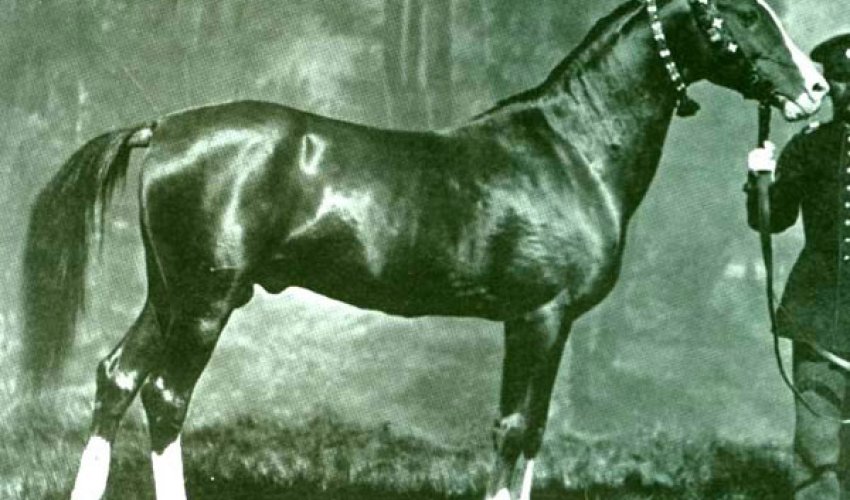
Azerbaijan’s president Ilham Aliyev is taking measures to protect the country’s native horse breeds by funding an AI centre.
Aliyev has ordered that $US2.6 million (AZN 2.8m) of the Presidential Reserve Fund be put into the construction of a National Artificial Insemination Centre.
An additional AZN 1.5 million ($US1.4m) is to be spent on measures to develop the Karabakh breed, and the same amount for the Deliboz breed.
The Karabakh horse, also known as Karabakh or Karabakhskaya in Russian, is a mountain-steppe racing and riding horse. It is named after the geographic region where the horse was originally developed, Karabakh in the Southern Caucasus, an area that is de jure part of Azerbaijan but the highland part of which is currently under Armenian occupation.
The breed is noted for its good temper and speed.
The breed is thought to be a cross-breeding of Akhal-Teke, Persian, Kabarda, Turkoman, and Arabian horse. It also influenced the development of the Russian Don horse in the 19th century. At present, the Karabakh is bred mainly in Azerbaijan’s Shaki region. Currently the breed numbers are below a thousand and it is threatened with extinction.
The Deliboz breed originated in the Qazakh, Agstafa and Tovuz regions of Azerbaijan. They have a clean, short head with a broad forehead and narrow nose, a compact heavy neck, a ribbed massive body with a good top line and an even, long back and loin. Legs are clean and well proportioned and the cannon bone girth is larger than that of other horses. They usually have a pacing or racking gait.
A unique feature is a peculiar lengthwise fold on the tongue giving the impression of a forked tongue. They are often used as riding and racing horses.
In 2013, an Azerbaijani horse-riding game called chovqan was added to a United Nations list of traditional practices in need of urgent protection.
Chovqan is a form of polo. It was once popular among Azerbaijani nomads riding Karabakh horses. It is played by two competing teams of five riders, often played to the background of instrumental folk music called janghi.
Chovqan is usually played in western, northwestern, central and eastern regions of Azerbaijan. However, the game is weakening due to "socio-economic factors leading to a shortage of players, trainers, and Karabakh horses”, the UN’s Intergovernmental Committee for the Safeguarding of Intangible Cultural Heritage said at the time.
www.ann.az
Similar news
Similar news
























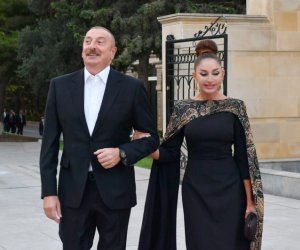
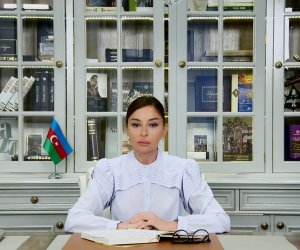
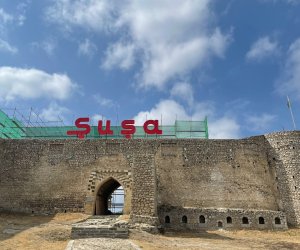



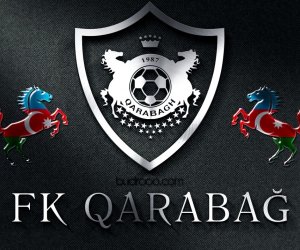
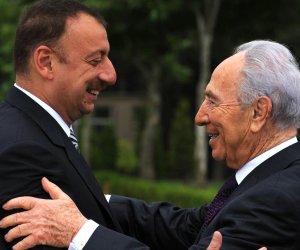
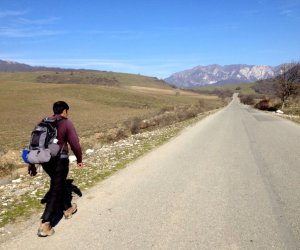



 Photo
Photo 


 Video
Video 

